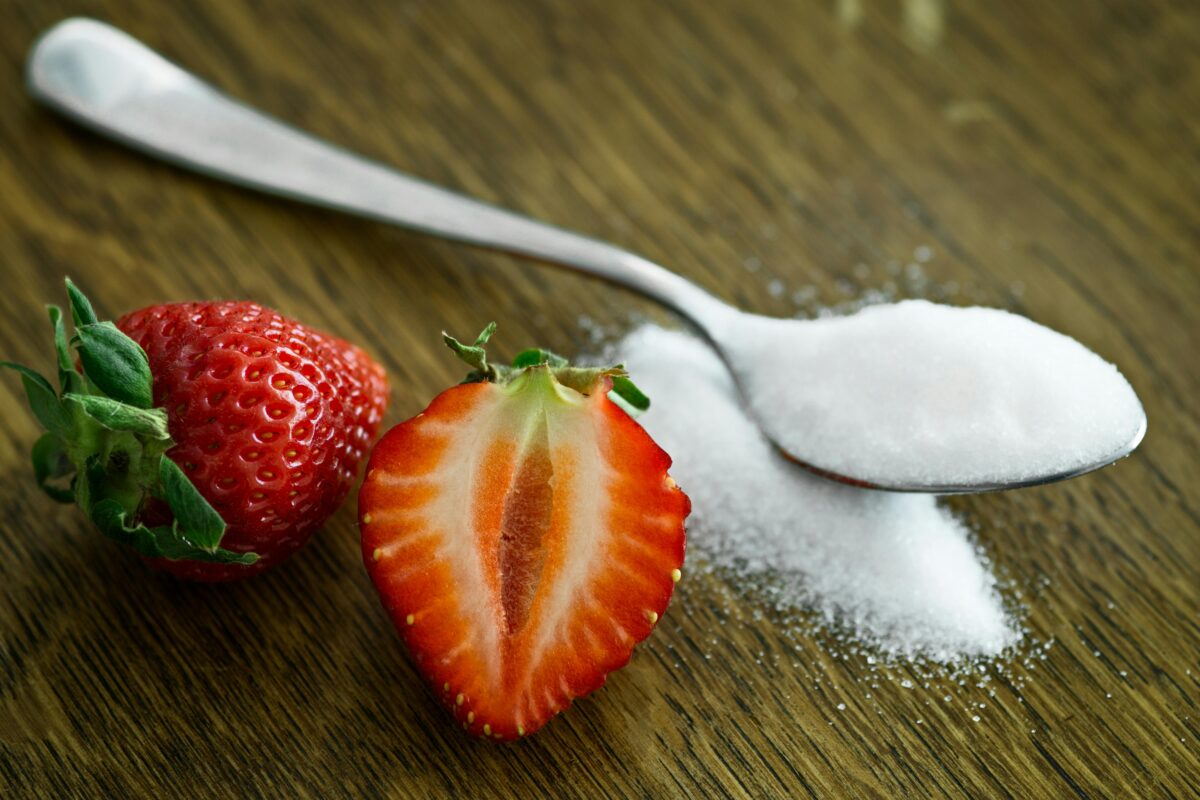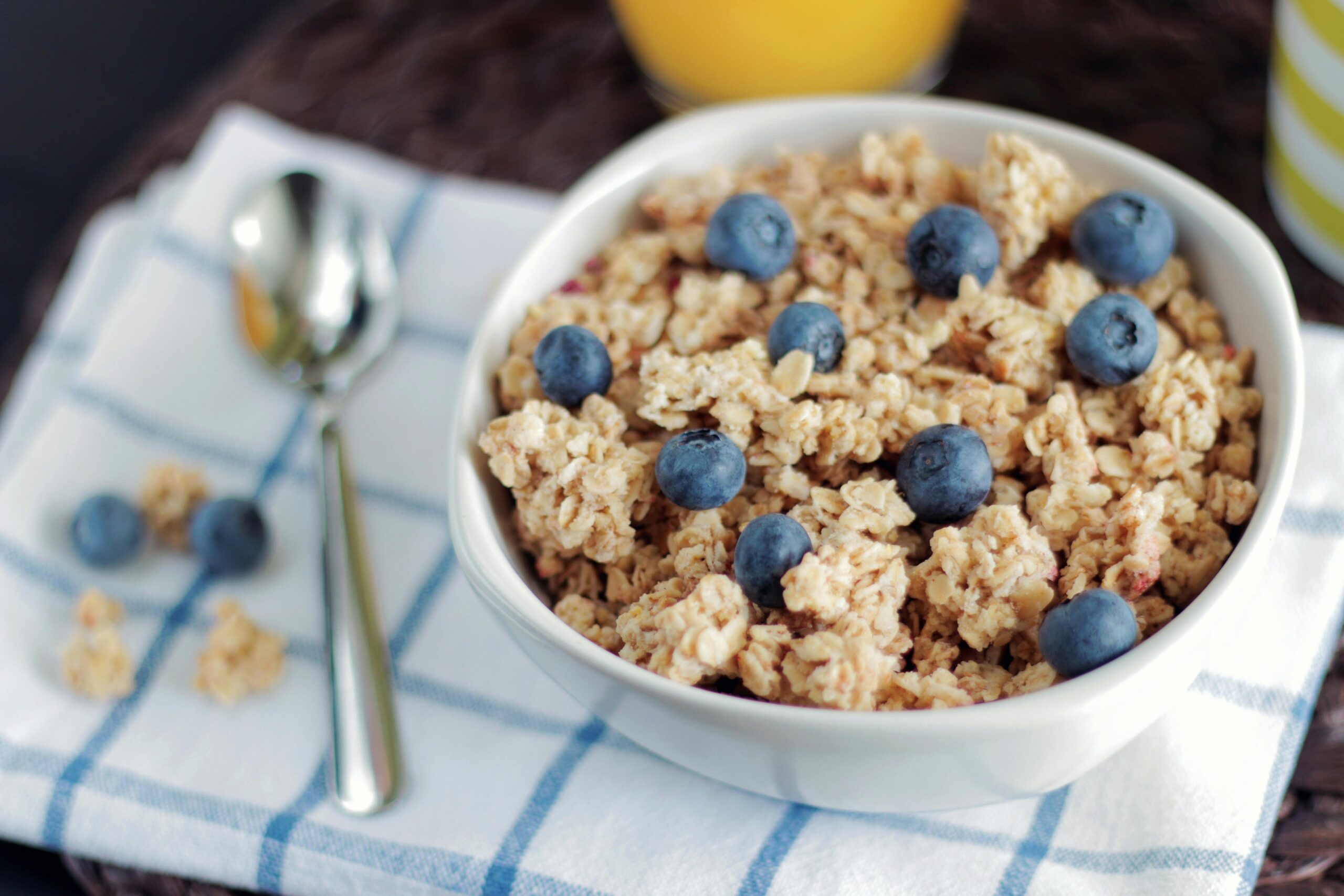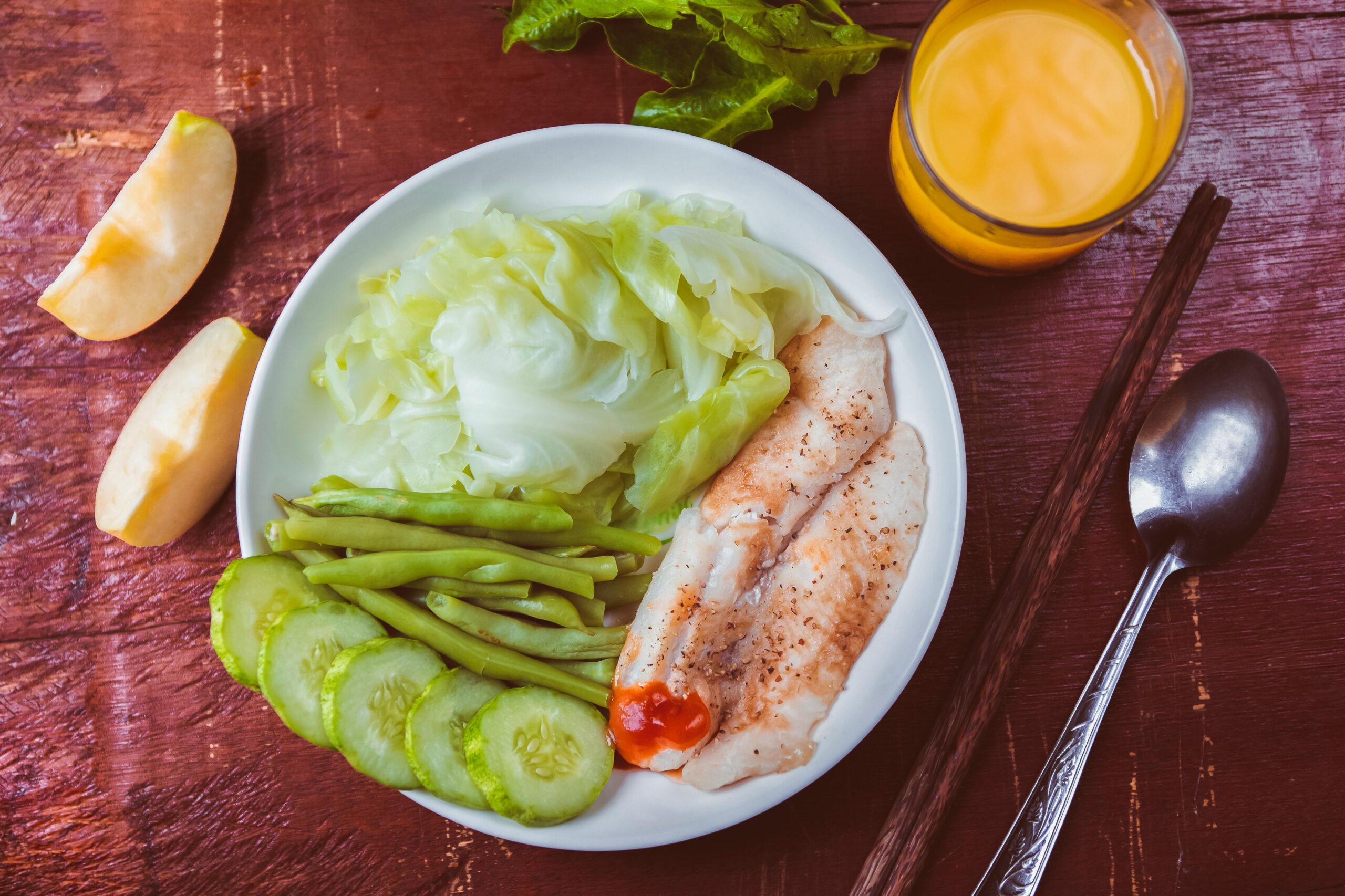Could a simple, dark purple berry, often overlooked, hold a surprising key to better weight management and a healthier metabolism? New research from Washington State University suggests that regular elderberry juice consumption, even for just a week, might kickstart significant positive changes in your body, affecting everything from your gut health to how you burn fat and process sugar. For many Americans, battling weight and maintaining metabolic health is a constant challenge. With over 70% of U.S. adults considered overweight or obese, natural, effective ways to support our bodies are highly sought after. This is where the humble elderberry steps in. As Patrick Solverson, an assistant professor at WSU’s Department of Nutrition and Exercise Physiology and a corresponding author of the study, puts it, “Elderberry is an underappreciated berry, commercially and nutritionally. We’re now starting to recognize its value for human health, and the results are very exciting.” This groundbreaking study, published in the journal Nutrients, highlights why this berry, especially its high concentration of powerful compounds called anthocyanins, deserves a closer look.
How Elderberry Juice Was Tested
Researchers at Washington State University designed a rigorous clinical trial to uncover elderberry juice’s potential. This wasn’t a simple taste test; it was a carefully controlled experiment. They used a “randomized, placebo-controlled crossover clinical trial” approach. This means participants were randomly assigned to drink either elderberry juice or a special look-alike placebo beverage that lacked the active elderberry ingredients. The “crossover” part means each participant tried both the elderberry juice and the placebo at different times, with a three-week break in between to ensure that the effects of one drink didn’t carry over into the next. This smart design helps confirm that any observed health benefits were truly due to the elderberry.
The study included 18 overweight adults, mostly women, ranging in age from 22 to 75. They were carefully screened to ensure good health and asked to avoid other high-polyphenol foods that could interfere with the results. For one week, participants drank 12 ounces of either 100% elderberry juice or the placebo daily, split into two servings with meals. To keep things fair, during the last four days of each treatment week, everyone ate a precisely controlled diet provided by the researchers. This diet was balanced in calories and nutrients, making sure food intake didn’t influence the outcomes. After each week, participants underwent various tests, including a “meal tolerance test” to see how their bodies handled sugar after eating a high-carb meal, and “indirect calorimetry” to measure how efficiently they burned fat and carbohydrates for energy. Researchers also analyzed stool samples to track changes in their gut bacteria.
Surprising Health Benefits Emerge
The findings from this short, one-week study were quite remarkable.
First, the elderberry juice significantly improved the balance of gut bacteria, also known as your “gut microbiome.” This community of trillions of bacteria in your gut plays a vital role in digestion, immunity, and overall health. The study showed an increase in beneficial bacteria groups like Firmicutes and Actinobacteria. More specifically, friendly bacteria such as Faecalibacterium, Ruminococcaceae, and Bifidobacterium became more plentiful, while some less desirable bacteria decreased. This indicates elderberry juice acts as a “prebiotic,” feeding the good bacteria in your gut.
Beyond the gut, elderberry juice also had a clear impact on how the body handles sugar. After the high-carbohydrate meal, participants who drank elderberry juice showed a “24% reduction in the blood glucose response curve,” meaning their blood sugar didn’t spike as high. There was also a “9% reduction in the insulin curve,” indicating their bodies didn’t have to work as hard to process the sugar. This is a significant finding for anyone looking to maintain healthy blood sugar levels and could be a step towards preventing conditions like type 2 diabetes.
Lastly, the study revealed that elderberry juice boosted the body’s ability to burn fat for energy. This “fat oxidation” increased significantly both after the meal and during moderate physical activity. This change was measured by something called “respiratory quotient (RQ),” which tells scientists whether your body is primarily burning carbs or fat. A lower RQ means more fat is being burned. This finding suggests that elderberry juice might help your body become more efficient at using its stored fat for fuel, which is a desirable outcome for weight management.
The Power of Elderberry’s Anthocyanins
The secret behind elderberry’s potent effects lies in its high concentration of “anthocyanins.” These are natural pigments that give many fruits and vegetables their rich red, purple, and blue colors. They are a type of “polyphenol,” powerful plant compounds known for their antioxidant properties. While many berries contain anthocyanins, elderberries are particularly packed with a specific, highly beneficial type called cyanidin-based anthocyanins. In fact, the elderberry juice used in this study delivered a substantial 720 milligrams of these compounds daily. To put that into perspective, Solverson noted, “A person would have to consume four cups of blackberries a day to achieve the same anthocyanin dose contained in 6 ounces of elderberry juice.” This remarkable concentration makes elderberry a standout in the world of health-promoting foods.
Looking Ahead: More Research Needed
While these findings are certainly exciting, it’s important to remember that this was a short-term study. The observed changes in gut bacteria were “subtler” than what might be seen with longer interventions, but the researchers emphasize that “subtler but sustained gut microbiota modulation should not be discounted.” This study provides strong initial evidence, but more research is needed to confirm these findings and understand the long-term effects of elderberry juice consumption in various groups of people. The research team has even filed a provisional patent for using elderberry components for weight management and gut health, showing their confidence in its potential. With additional funding from the U.S. Department of Agriculture, they plan to explore if elderberry juice could help individuals maintain weight after stopping weight loss medications. This suggests that elderberry, a previously underappreciated berry, may play an increasingly important role in our journey toward better health.
Paper Summary
Methodology
This randomized, placebo-controlled crossover clinical trial involved 18 overweight adults who consumed 12 ounces of either 100% elderberry juice or a placebo daily for one week. A three-week washout period separated the two treatment phases. Participants followed a controlled diet during the last four days of each treatment. Researchers assessed changes in gut bacteria (fecal microbiota), blood sugar and insulin responses (meal tolerance test), and fat/carbohydrate burning (indirect calorimetry).
Results
Elderberry juice significantly altered the gut microbiome, increasing beneficial bacteria like Firmicutes, Actinobacteria, Faecalibacterium, Ruminococcaceae, and Bifidobacterium, while decreasing Bacteroides and lactic acid-producing bacteria. It also improved glucose tolerance, reducing blood glucose spikes by 24% and insulin response by 9% after a meal. Furthermore, fat oxidation increased significantly, both at rest and during moderate physical activity.
Limitations
The study’s short, one-week intervention duration means that while changes were observed, longer-term studies are needed to confirm sustained effects. It was also noted that Akkermansia, a beneficial bacterium, did not increase in humans as it has in some rodent studies, suggesting a need for further human-specific research or higher doses.
Funding and Disclosures
The research received a $200,000 grant from the U.S. Department of Agriculture’s National Institute of Food and Agriculture (NIFA). An additional $600,000 in NIFA funding is allocated for future elderberry research, including its role in weight maintenance post-medication. The research team has also filed a provisional patent for using elderberry components for weight management and gut health. This article is open-access under a Creative Commons Attribution (CC BY) license.
Publication Information
Title: A One-Week Elderberry Juice Intervention Augments the Fecal Microbiota and Suggests Improvement in Glucose Tolerance and Fat Oxidation in a Randomized Controlled Trial Authors: Christy Teets, Nancy Ghanem, Guoying Ma, Jagrani Minj, Penelope Perkins-Veazie, Sarah A. Johnson, Andrea J. Etter, Franck G. Carbonero, and Patrick M. Solverson. Journal: Nutrients Volume, Issue, Page: 2024, 16, 3555 DOI: https://doi.org/10.3390/nu16203555 Published: 20 October 2024












